

“In Germany people wait for the bus, in Uganda the bus waits for the people”. With this quote, the Ugandan project coordinator of a GESTE-funded project opened a workshop with students at the Schwäbisch Gmünd University of Education to elaborate on essential cultural differences between the two countries.
Economic and social disparities are however evident at a more profound level. While the population growth in Germany is about 0.2% p.a., statistics assume that by 2027, the Ugandan population will have grown by about 20%. Uganda is already the country with the youngest population worldwide, almost 50% is under the age of 15. Creating job prospects for youth and young adults are particularly crucial measures to promote economic development, increasing employment rates and pave the way out of poverty. By the end of 2020, 28% of the Ugandan population had an income per capita per day below USD 1.90. At the same time, the access to loans is considered to be essential in strengthening economic development.
In order to address these topics, two projects, one on craft education of young adults and the other on access to savings and credit products, are implemented by DGRV on behalf of the Foundation GESTE Baden-Württemberg. This Foundation was established on the occasion of the 150th anniversary of the Baden-Württemberg Cooperative Association (BWGV) in 2013. Its sponsors are the BWGV and cooperatives in Baden-Württemberg. The foundation aims at promoting projects with a structural impact in the field of cooperatives in developing and emerging countries and DGRV takes over the coordination on site.
At the end of 2019, the first project was launched in cooperation with the Diocese of Masaka, which aims to train around 30 young adults per year in handicrafts, who in turn pass on their acquired knowledge to other young adults within their community. A cooperative was founded for this purpose. In addition to the manual training, the young people are given “cooperative” knowledge to ease the entry into the business world. Despite COVID-19-related delays, the results are already visible in Masaka. Approximately 300 young adults were able to acquire handicraft skills. In mid-April 2022, the DGRV team, together with the Ugandan project coordinator, visited various workshops and other outlets selling products made by the trainees, such as wood carvings, bed frames, cards and sandals. A first order for the Trainees who were educated in paving, came directly from the diocese. The project is well respected in the diocese and first representatives from other dioceses expressed their interest to learn more about the project.
At the end of 2021, a second cooperation agreement was signed between DGRV and the Catholic Workers Movement (CWM), which supports an existing project to expand a network of savings and loan associations (CW-SLA) that are active in 12 dioceses across the country. Currently, about 3,300 members benefit from this concept. Through capacity building of volunteer trainers of CW-SLAs as well as others involved and the gradual introduction of digital technology for reporting, about 800 new members are expected to join the network. Expected results, amongst others, are the improvement of basic financial education and the realization of small projects.
An interim conclusion at the beginning of the year revealed that more than 60 small projects already could have been created that improved the income situation of their members and families. For example, a rice husking machine was purchased in Gulu and an agro-forestry project was launched in Aruwe. Bricklaying, Tailoring, Shoemaking, a Piggery Projects, Hairdo are some others to mention. Representatives of various dioceses were proud to announce that no further funds were needed for any of the projects.
DGRV Uganda on behalf of GESTE is glad to support Ugandan cooperatives and these two projects that are great examples of the sustainability of such endeavours.
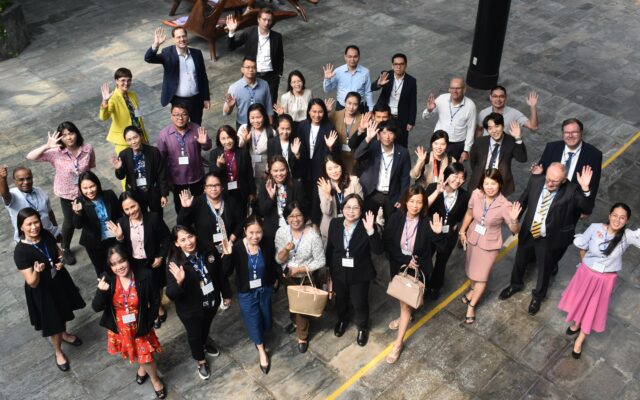
A new partnership between DGRV and the Cooperative Development Authority (CDA) in the Philippines is enhancing regulatory oversight and stability within the cooperative sector.
More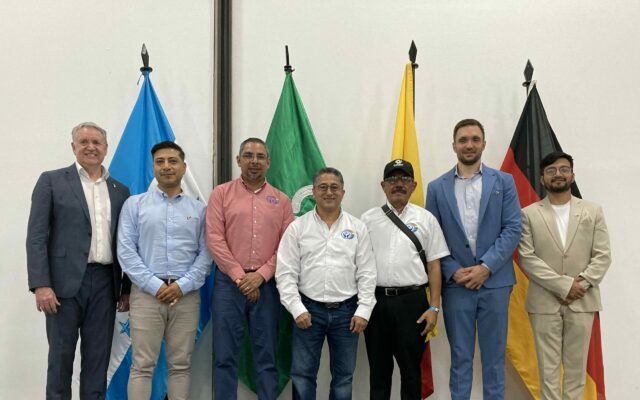
DGRV’s project in Honduras focuses on strengthening the cooperative financial sector, particularly in rural areas, and improving access to financial products and services. The initiative also aims to enhance resilience to climate change and promote the efficient use of natural resources, fostering sustainable and inclusive economic growth.
More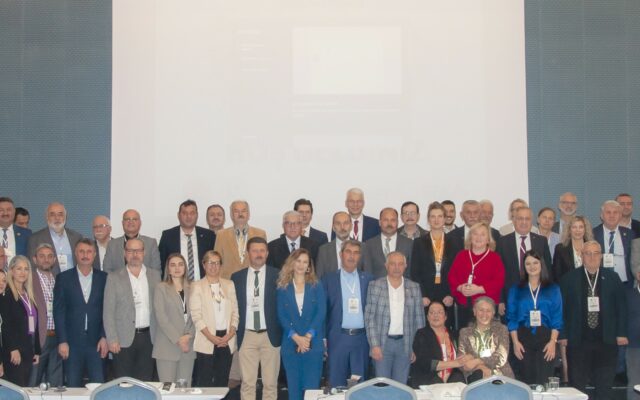
The 8-year long TAKBİ project within the framework of the Turkish and German association cooperation, revitalized Turkish agricultural cooperatives by surmounting challenges, elevating organizational structures, improving service quality, and fostering member satisfaction, leaving a lasting positive impact on the cooperative landscape in Turkey.
More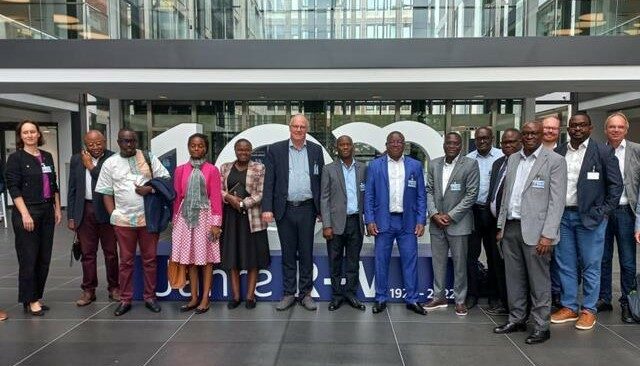
Financial experts from Benin, Cameroon, and Uganda embarked on a journey to Germany to explore the essence of cooperative principles, forging a vision for a resilient banking sector that transcends borders and fosters economic and social progress in African communities.
More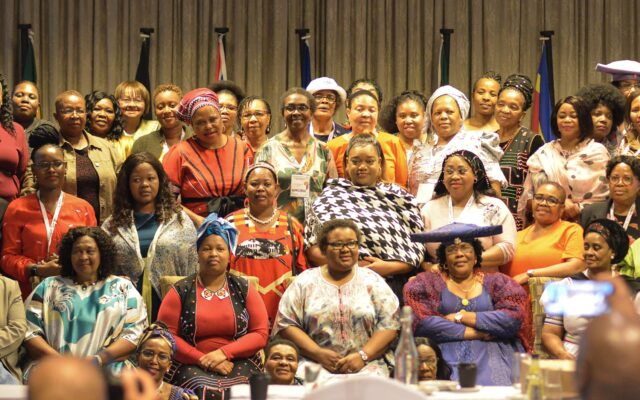
In an extraordinary gathering, female traditional leaders from Southern Africa converged to harmonize the concepts of Ubuntu and cooperative principles, setting a visionary path for community development.
More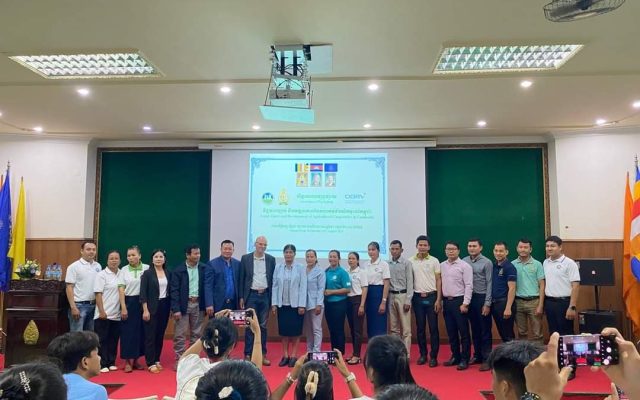
Empowering Cambodia's agricultural cooperatives through dynamic seminars: DGRV and AERD/RUA collaborate to drive leadership, professionalism, and sustainable growth.
More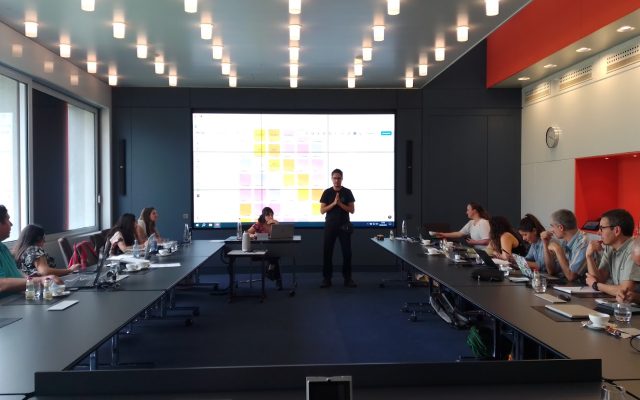
In June, eight Chilean organizations participated in an Exposure Visit to learn from the experience of Energy Cooperatives in Germany
More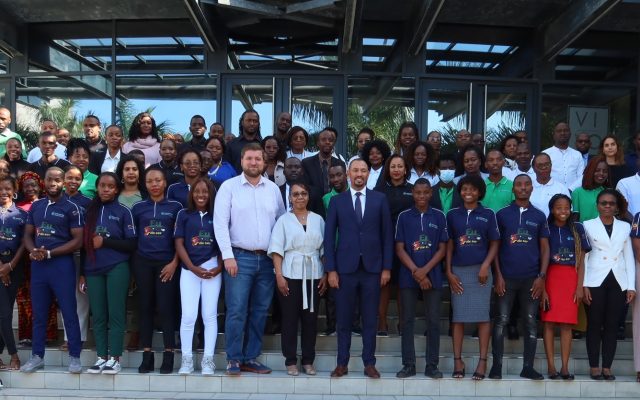
Empowering Mozambican youth through cooperative entrepreneurship to tackle unemployment and promote economic growth.
More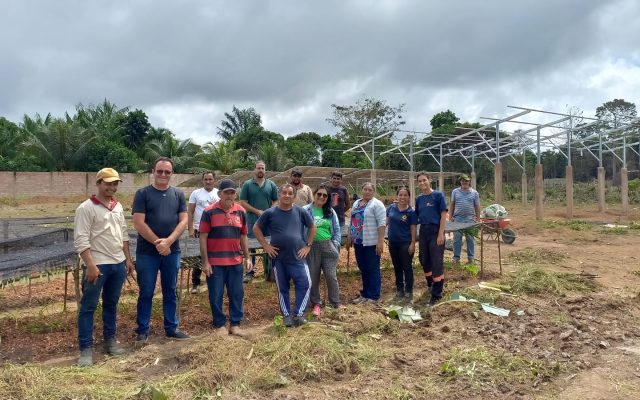
Helping the cooperative CCampo Alimentos to implement an Agrivoltaic pilot project in Brazil
More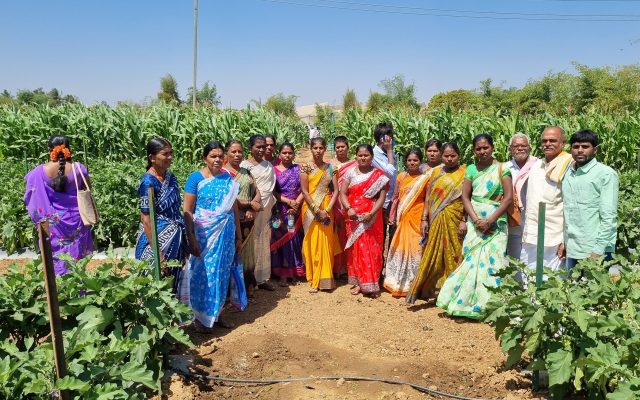
Adaptation measures to climate change in rural areas in India
More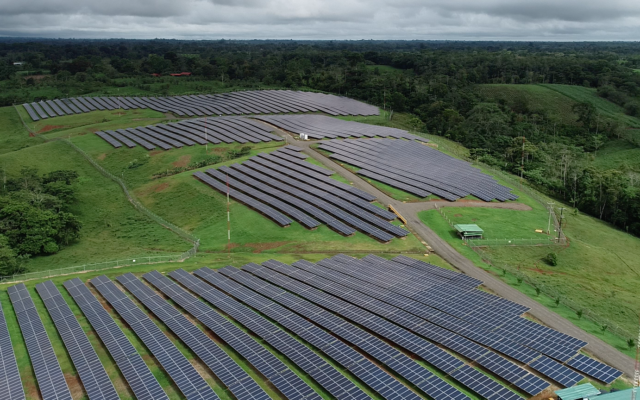
Renewable Energy in Costa Rica generated by cooperatives.
More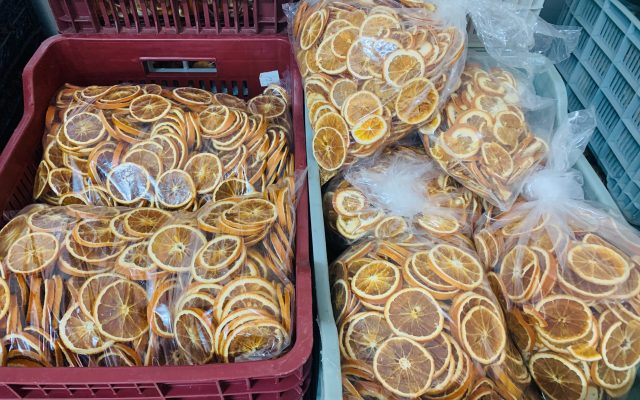
Food Processing with a Regional Federation
More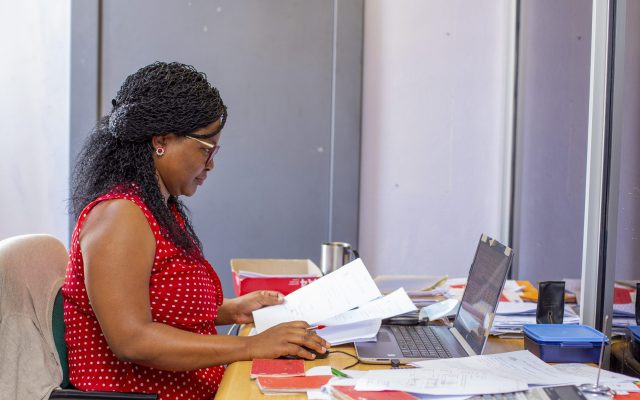
Digitisation of Primary Co-operatives in eSwatini
More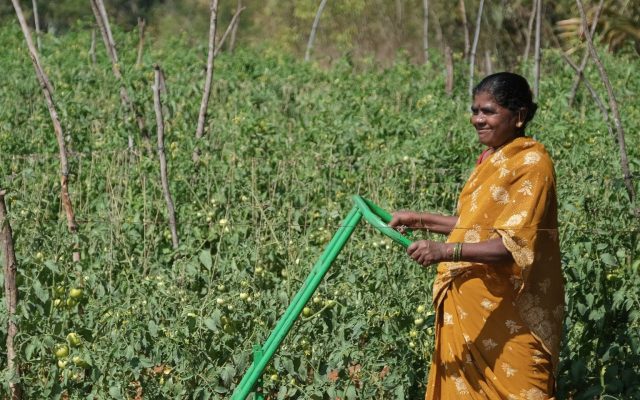
A central solution that enables members to make daily agricultural necessities available promptly and financially affordable
More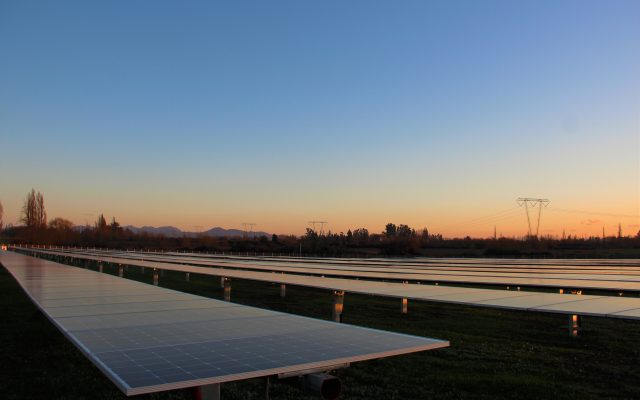
The creation of Community Distributed Generation Cooperatives in Chile.
More
Textile cooperative in Tunisia
More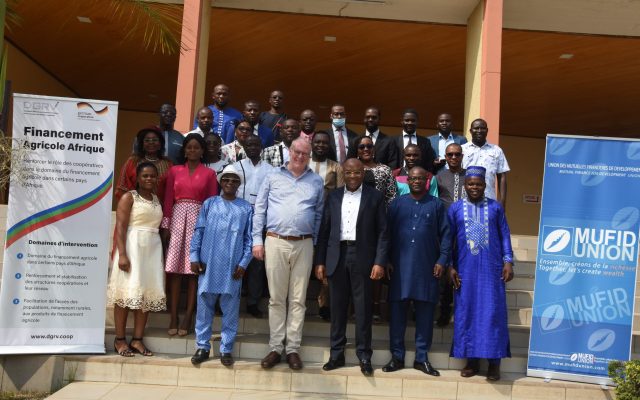
Facilitating access to quality agricultural finance products in Cameroon
More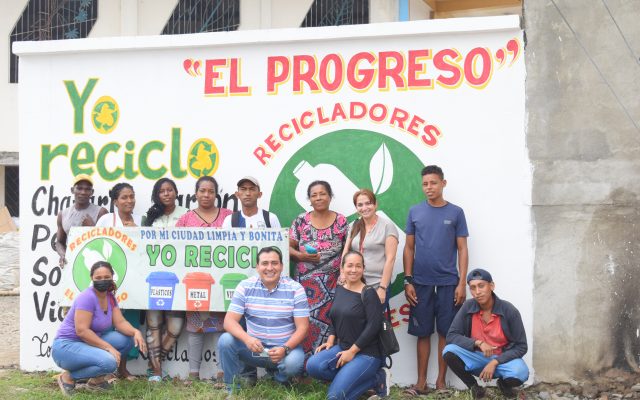
Generating business and commercial connections with the "Networks in Action" project
More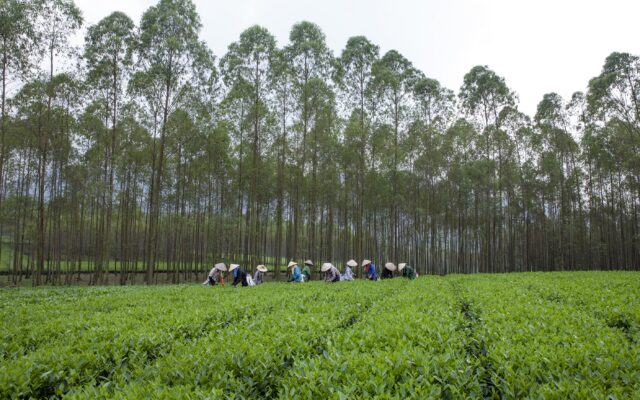
Mid- term courses for cooperative officials in Vietnam
More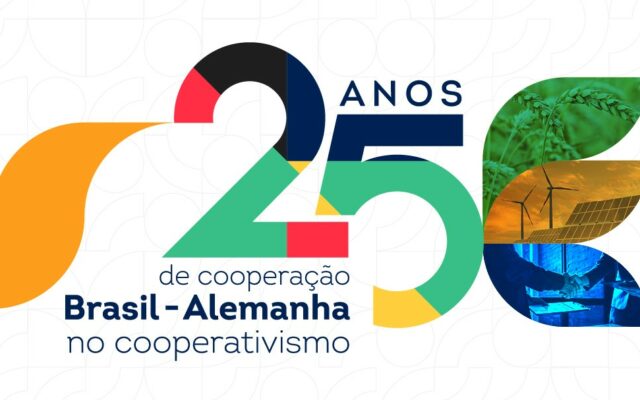
The collaboration between the Brazilian and German cooperative sector
More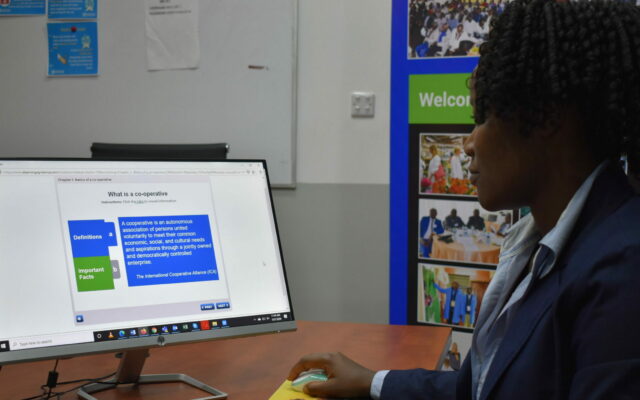
DGRV Kenya supports project partners on their way to adapt to “The new normal” in times of COVID-19
More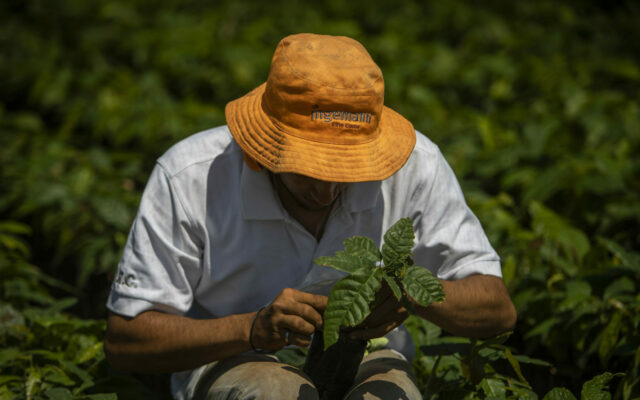
Pablo and his Potatoes
More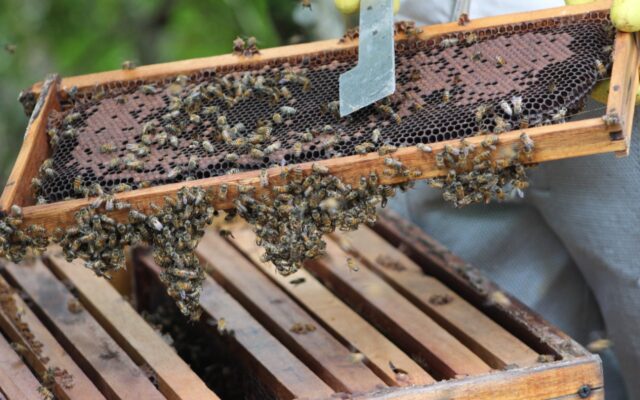
Strengthening small rural producer organizations in Colombia
More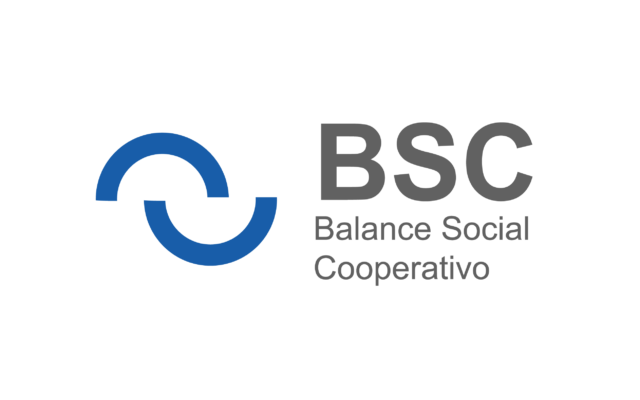
Cooperative Social Responsibility in Honduras
More